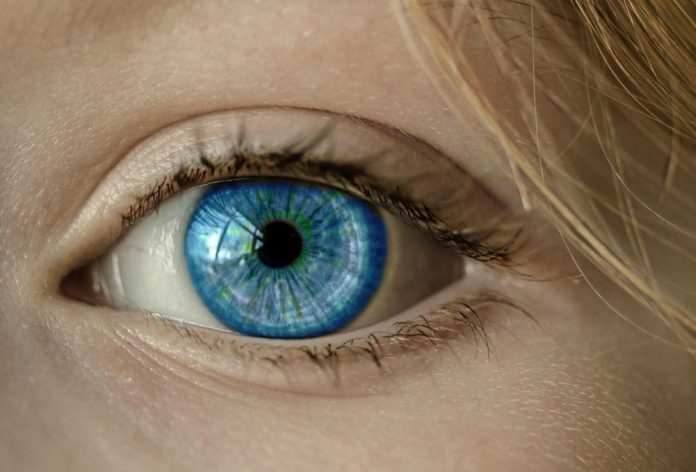For over a century, observational examinations have announced connections amongst education and myopia. It’s been observed that children with myopia are more studious, or socioeconomic position and a higher level of education leads to myopia.
Now a new study, led by the University of Bristol, has shed some light on why the length of time spent in education is a causal risk factor for myopia. For the study, scientists used Mendelian randomisation (MR) applied to a large, population cohort, known as the UK Biobank.
Their study suggests that for each extra year spent in education, there was an expansion in myopic refractive error of ‑0.27 dioptres/year. This proposes that a UK University graduate with 17 years in training would be one dioptre more myopic than a person who left school at 16 with 12 years of education. This difference in myopia severity is sufficient to obscure vision for driving underneath lawful benchmarks.
Dr Denize Atan, Consultant Senior Lecturer in Ophthalmology at the Bristol Medical School: Translational Health Sciences and Honorary Consultant in Neuro-ophthalmology at the Bristol Eye Hospital, who co-led the research with Professor Jez Guggenheim from Cardiff University School of Optometry & Vision Sciences, said: “Our study provides strong evidence that length of time spent in education is a causal risk factor for myopia. With the rapid rise in the global prevalence of myopia and its vision-threatening complications, together with the economic burden of visual loss, the findings of this study have important implications for educational practices.
“Axial eye growth happens mainly during school years and since levels of myopia tend to even out in adulthood, any interventions to stop or prevent myopia need to be given in childhood. Policymakers should be aware that the educational practices used to teach children and to promote personal and economic health may have the unintended consequence of causing increasing levels of myopia and later visual disability as a result.”
The research team suggests that less time spent outdoors is a possible link between education and myopia, and they recommend children spend more time outside. It is not known whether “Bright Light” classrooms provide protection against myopia and replicate the effects of increasing time spent outdoors and the research team suggest that future studies could look at whether this intervention works against myopia.
The study is reported in journal BMJ.
